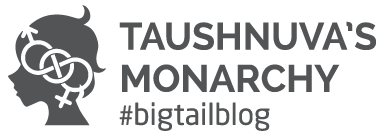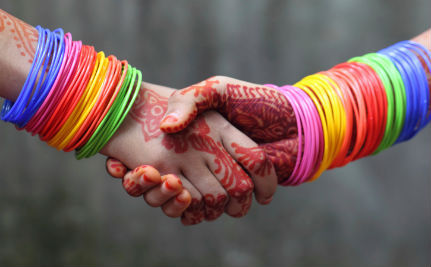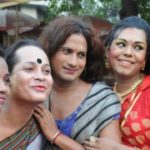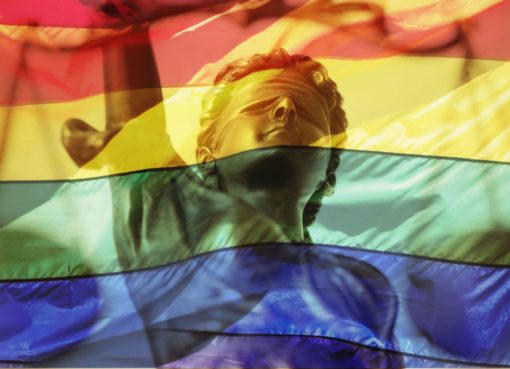Two women from the Bangladeshi capital of Dhaka have been arrested for their relationship, a move that demonstrates how the nation’s administration is resisting calls for equality.
Reports say that the couple, Lucky and Mishti, fell in love while working in a factory in the capital in Dhaka. The local media states that the couple have been living together for at least eight months. Some reports suggest they are “married,” though as Bangladesh criminalizes homosexuality and does not recognize same-sex marriage, this appears to have been a symbolic Hindu wedding and not one with any legal weight.
The couple were recently detained at their rental home after police were “tipped off” as to the couple’s relationship. Reports say that at the time of their arrest, the two were made to submit to “sex tests,” at which time they were deemed to be female — this is because Lucky had apparently presented with a masculine* appearance.
Homosexuality is illegal under the nation’s penal code. Section 377 demands that “Whoever voluntarily has carnal intercourse against the order of nature with any man, woman or animal, shall be punished with imprisonment for life [or hard labor] for a term which may extend to ten years, and shall also be liable to [a] fine.”

However, the section invoked in the above case is a broader offense with the couple being tried under Section 29o, which concerns itself with “offences affecting the public health, safety, convenience, decency and morals” and demands that “Whoever commits a public nuisance in any case not otherwise punishable by this code, shall be punished with a fine which may extend to two hundred taka.”
This follows a similar case in June of this year where a young lesbian couple, also from Dhaka, were detained and are now threatened with life in prison.
As the Huffington Post notes, Bangladesh is among a handful of nations on the list of U.S. allies who at least in terms of statutes criminalize their LGBT population in much more overt ways than, say, Russia, which of course has been in the press for its anti-gay propaganda law.
Moreover, Bangladesh’s administration recently rejected calls from the United Nations to decriminalize homosexuality, saying that to do so would conflict with “socio-cultural values of the country.” Bangladesh is, per its Constitution, a secular state but the encroachment of the predominant Islamic faith has been marked. Perhaps unsurprisingly then, attitudes to homosexuality in Bangladesh are predominantly negative.
A recent example of this comes in the form of a vocal protest from Bangladeshi Islamic groups against Nobel laureate Muhammad Yunus over comments he made in 2012 against Uganda’s worsening gay rights situation.
Hundreds of Imams in Bangladesh are planning a rally against the anti-poverty campaigner, while organizer Maolana Moniruzzaman Rabbani told the AFP on Monday that “Yunus must apologize for supporting homosexuality or he must be prosecuted for standing against the Quran and Islam.”
Yunus, also hounded by a government tax probe that is thought to be connected not to Yunus’ business affairs but his political affiliations with the government’s opposition, is no longer living in Bangladesh and his current fixed residence is unknown.
What is perhaps most troubling about Bangladesh’s anti-LGBT stance is that its administration is actively enforcing criminal penalties against same-sex couples, resisting calls to change that and actively pursuing those who show LGBT rights advocacy. This creates a dangerous climate of oppression and intolerance to free speech that should worry not just the LGBT population, but all citizens.






